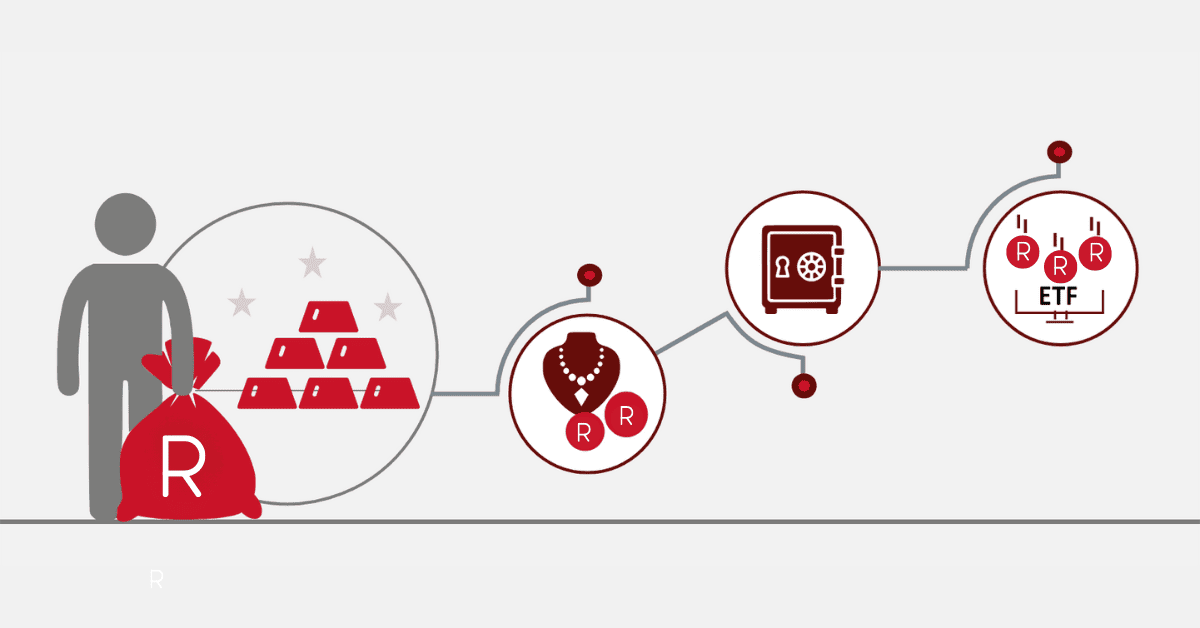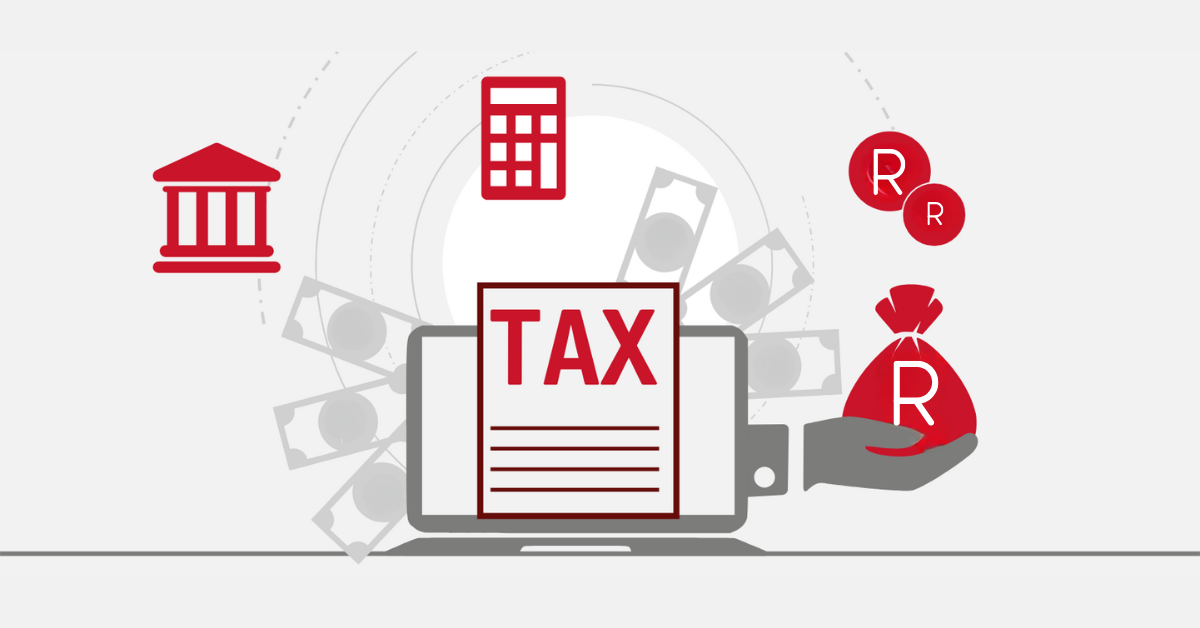Exchange-traded funds are also the favorite among South Africans, considering a diversified, low-cost, and accessible strategy to accumulate wealth. The funds are based on different assets, including equities, bonds, and commodities, so the investor enjoys diversifying his investments in various securities through a single investment. The funds are listed in the Johannesburg Stock Exchange (JSE) and provide the same ease and liquidity in terms of exchange in the case of individual equities, only the diversification advantage in the case of the funds. As the trend in investments in South Africa
What is the Main Benefit of an ETF?
The primary advantage of an ETF lies in the diversification at low cost. Unlike the situation in the case of equities, whose fate depends on the fate of a single company, the ETF distributes the risks involved in investments in various assets. This minimizes the risks involved in market fluctuations and the effect of underperforming securities.
The other advantage of an ETF lies in its passively administered nature, in which the fund tracks an index and does not involve frequent purchasing and selling by fund administrators. This minimizes the administrative fees of the fund in comparison to the actively administered funds. In the case of South Africa, the FTSE/JSE Top 40 and All Share Index (ALSI) tracker ETF offers the investor the benefit of gaining exposure to some of the significant and most reliable businesses in the country at the lowest possible entry point, making them the optimal means to attain long-term wealth.
What are ETF Advantages and Disadvantages?
ETFs offer various advantages that make them attractive investments in South Africa. Among the most significant benefits is how affordable they are. Compared to unit trusts, whose high management fees and minimum investments are often required, the relatively low-cost nature of ETFs means they are available to the mass investor. The structure of the funds in the hands of the investor means the expense ratios are low, and the investor gets to retain most of the profits.
Liquidity is another significant advantage to ETFs. Being exchange-listed like equities, they can be bought and sold at market value throughout the trading day. This gives the investor the means to immediately react to movements in the market, unlike conventional mutual funds, which only settle at the end of the day. The transparency created by the daily public listing of the funds’ holdings means the investor also gets to see what he/she possesses.
Another significant benefit is diversification. The investor diversifies his investments in various companies, industries, and asset classes through ETFs. This minimizes the investment risk, whereby the impact of the poor-performing share in the overall portfolio is less. For instance, south African JSE Top 40 tracking ETFs expose the investor to the primary industries, including the financial, mining, and consumer goods industries, to provide a balanced portfolio.
Despite these positives, the ETFs are by no means immune to some limitations. A limitation is the vulnerability to market fluctuations. Even if they are diversified, indexed-based ETFs are at the whim of general market declines. If the JSE declines, the value of the ETF could also plummet. Also, because the ETFs are passively managed, they cannot beat the market, unlike the actively managed funds. Some could select active funds because they are perceived to provide the promise of higher return, albeit at an additional cost.
Another consideration is tracking error if the ETF doesn’t precisely track the underlying index. This could result from the impact of the fund’s management fees, the trading expenses, or the difference in the timing of the adjustments to the portfolio. Even if tracking errors are generally low, they will affect overall return.
Overall, the positives of ETFs surpass the negatives, and they are a good investment option for South Africans looking to achieve cost-effective, diversified, and transparent wealth.
Why ETFs are Better than Stocks?
ETFs offer a variety of reasons why they are a better investment than individual stocks among many South African investors. The most significant advantage of ETFs over stocks lies in the diversification. Investing in a stock means the investor’s fate depends solely on the company’s fate. The investor could lose most of the money if the company performs poorly and gets into trouble. However, in the case of ETFs, the risks are diversified among various assets, and any poor-performing company’s impact gets minimized.
Another advantage lies in the area of affordability. Investing in a diversified portfolio of separate stocks demands considerable funds. At the same time, an investment in a solitary ETF provides exposure to a diverse group of securities at a less costly rate. The need to conduct research and choose stocks constantly is also eliminated by using ETFs, making them the most appropriate investments for passive investors.
How Do ETFs Work in South Africa
ETFs in South Africa are the same as in the rest of the world, only specialized in tracking local and global indices relative to South African investors. The funds are exchange-listed and exchange-traded in the Johannesburg Stock Exchange, and the investor can buy and sell the share through a broker’s account in the same way ordinary stocks are bought and sold. The day’s market demand and supply dictate the price of an ETF.
Most South African ETFs are tracking a defined index, the FTSE/JSE Top 40, the most publicly held businesses in the country. Other investments are by sector, real estate, gold, and bond, and offer specialized exposure to different parts of the economy. Global ETFs also provide a mechanism by which South Africans can participate in foreign markets through local brokerage accounts.
South Africans require a JSE-registered stockbroker’s brokerage account to invest in the ETF. After establishing the account, the investor can buy the ETF just as he/she would any share, in a lump sum or through regular contributions. The long-term investor finds the ETF most appealing, considering the minimal effort required to maintain and the effective means through which wealth grows in the long run.
Final Thoughts
ETFs have democratized investing in South Africa by providing a simple, inexpensive, diversified means to accumulate wealth. The many advantages of ETFs, such as cheaper fees, market breadth, and liquidity, also position them as an excellent fit for first-time and savvy investors. Compared to purchasing individual stocks, using ETFs provides less risk through diversification, and the investor can establish a less volatile and resilient portfolio.




![Internal Rate of Return [IRR] – Calculation](https://www.searche.co.za/wp-content/uploads/internal-rate-of-return.webp)









